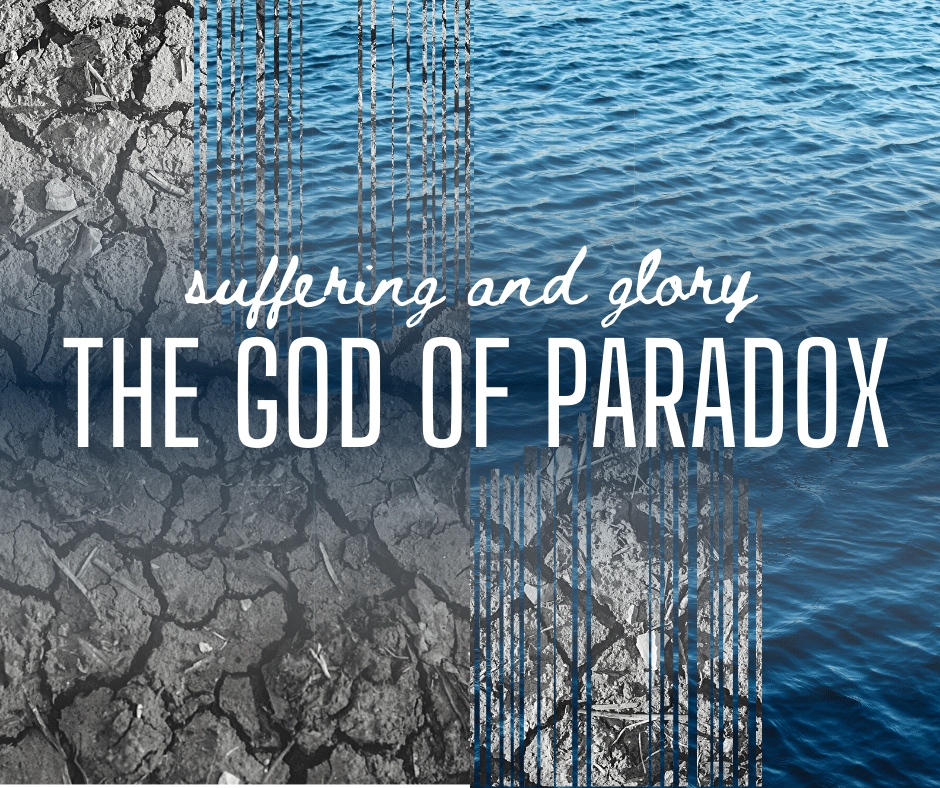
‘I’ve got a feeling we’re not in Kansas anymore.’
-Dorothy
These are uncharted days for us. The path forward is unclear and we have more questions than answers. The combination of these two often leads to anxiety and fear. On top of this, the body of Christ has found herself pushed into an unexpected and unwanted situation: isolation. The church, for nearly two thousand years, has visibly marked herself off as the group who gathers to worship Jesus. We’ve declared that we do not merely worship Jesus on our own but we do so with others, with others that are so important we call them by familial terms like ‘brother’ and ‘sister’. With others that are so important that one of the first metaphors used by the church to describe herself was 'body': Jesus is the head while others function as the hands, feet, eyes, ears, etc. Splinter a body and death immediately follows. The point is clear: Jesus’ body, the church, belongs together. This gathering together was so central that the Greek word used to identify the church in the New Testament (ekklesia) actually means ‘gathering’.
Sure, there have always been exceptions. The church has a long history of reminding one another of martyrs gone before who gave up their life as a faithful witness to Jesus. The American church is often reminded of our brothers and sisters (there’s those words again!) around the globe who are at times faced with this exact situation. We’re aware of the prospect of having to gather secretly in very small groups because of persecution. Canceling our gatherings because of persecution, though not desirable, we have told ourselves we are prepared for. But this? This is something we’ve not prepared ourselves for.
We live in a day when we are forced to not gather. But it’s not because of persecution. Rather, it’s out of love for others. Our not gathering will slow the spread of the Coronavirus. Our not gathering will help prevent our more vulnerable members from disease and death. Our isolation is not a product of annoyance with others but, paradoxically, because we love others. And so, in these days of sacrificial isolation, we find ourselves needing to do the previously unthinkable: live in community while physically isolated.
I’ve gathered a few ideas to help us do that well:
- God’s people are a people who worship. One of the blessings of living in the digital age is we are able to stream a service and worship at home. Though we are physically isolated from one another, we can sing, pray, and read ‘together’. While not ideal under, it’s certainly better than nothing. You can stream our service this Sunday here.
- Remind yourself who our God is. Our God is the one who moves in unexpected ways, who, as Joseph once said, takes what others intend for evil and brings about good. Ours is the God of paradox. And this gives us hope that God will work good from tragedy, joy from sorrow, life from death. Living in this hope together is what this series of blogs will seek to help us do.
- Make use of technology—both old and new. Write letters encouraging others. Text, call, email, and facetime one another. Wear out your phone not by being swept along by one YouTube video after another or by an endless Facebook scroll but by caring for those you know.
- Invest the unexpected time God has given you. Instead of thinking of time off from school and work as a bucket that you need to fill to avoid boredom, think of it as a blessing to invest. Read your Bible. Devote yourself to prayer. Read a good book or two. Spend quality time with your family.
- Look for ways to serve others. While you mow your lawn go ahead and mow your neighbor's, check on those around you who are more at-risk to see if you can get things for them so they don’t have to go out. Check here to help with Helping Hands’ deliveries (they are filled through next Friday (March 20) but will likely have to extend this program so keep checking in).
May we be among those who are found faithful.
Write a Comment
Comments for this post have been disabled.